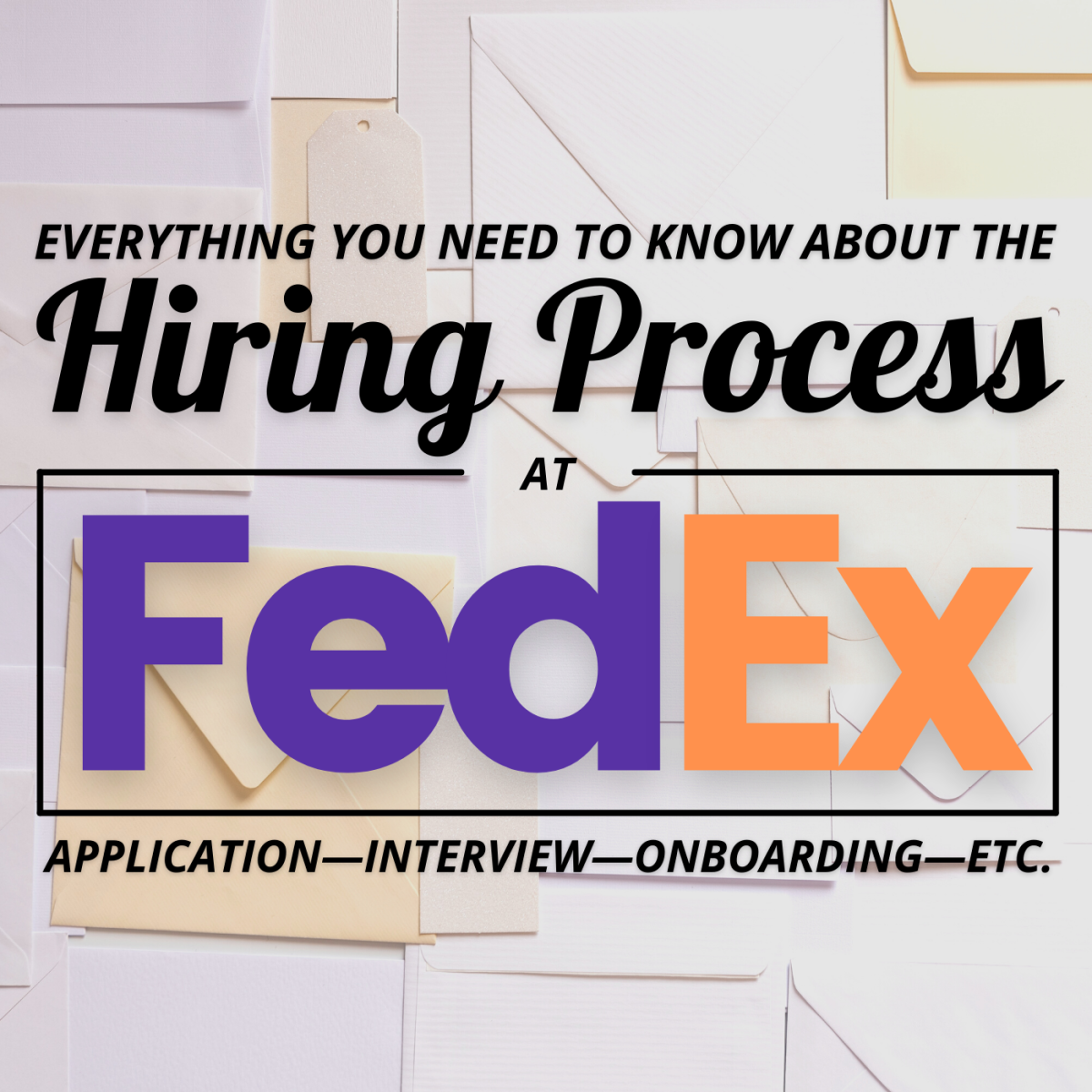First Impressions in the Job Application Process

Behaviors and Job Hunting Success: A Case Study
Often, I hear intelligent, well-qualified job seekers talking about how tough the job market is. No doubt, it is often difficult to find employment, but as a business owner who was recently looking for a marketing manager, I noticed something: The people I called for interviews were often not the best qualified candidates, nor were they the people with the best-written resumes or stellar cover letters. Instead, they were the ones who showed their skills through their behaviors, namely, their professionalism and ability to follow directions.
To provide context, I posted an employment ad on a popular job board. The ad provided information about the company, as well as a detailed job description, including compensation and day-to-day responsibilities. I asked candidates to send a cover letter explaining their interest in the position, along with a current resume.
The following four responses serve as good representations of most of the emails I received and how I reacted to them as an employer.
Candidate #1: The Well-Qualified Disappearing Act
Candidate 1 was stellar in every way. She wrote an impeccable cover letter showing that she had read the job description carefully and presented a resume that was tailored to the position. Candidate 1 clearly put time into her application. She had the right skills and knew how to promote herself well via email. I called this candidate to schedule an interview the day I received her resume and left her voicemail letting her know I wanted to schedule an interview. We played phone tag for several days, in spite of me letting her know my business hours, and in the end, I stopped trying to reach out.
Why did I reject this almost-ideal candidate? Just getting to talk to her personally on the phone was a chore. If setting up an interview took this much effort, how difficult would it be to talk to her about a project with a short deadline or get updates on her work? While this candidate might have just been busy with her job search or other obligations, her poor responsiveness raised enough red flags that I took her resume off the table
What this means for a job seeker:
Although we all have busy schedules, being responsive to a prospective employer's calls and emails is key. If you show inconsistent communication during the initial screening process, then what reason would an employer have to believe that you will be responsive if you are hired? Past behavior is the best indicator of future behavior, so showing off your reliability early on can be key to not just getting an interview, but getting the job.
Candidate #2: Out of Left Field
Candidate 2 got her email sent to the electronic trash within 15 seconds. Why? Because she didn't follow simple instructions. First, she didn't send a resume, and second, her cover letter could barely be called that. Indeed, she simply asked to know more about what type of "product and/or service" I was selling. It was clear that Candidate 2 did not even read the full job posting before shooting off an email. This lack of attention to detail made me run in the other direction. Fast.
What this means for a job seeker:
Unfortunately, this candidate may have had all the right skills and qualifications, but failing to take the time to read the employment ad cost her the chance at an interview.
Unemployment is scary. Some job seekers may be so desperate to find work quickly that they respond quickly to every employment ad that interests them. However, this hasty approach will not likely resonate well with hiring managers who want to know that you have a specific interest in their company, not just the first job that comes along. Further, employers and managers have limited time to screen potential applicants. Respecting their time by reading application instructions carefully can mean the difference between getting an interview and not getting a call-back.

Candidate #3: No Cover Letter
I am not sure if Candidate 3 even read my job posting because I got a blank email with a resume attached. I had no way of knowing whether this individual was genuinely interested in the job I was offering or whether he was just sending out his resume to every employer who listed a job.
Out of curiosity, I opened his resume and no doubt, he seemed like a good fit for the position.This candidate had all the right qualifications and his resume read well. Unfortunately, I passed him up because he did not follow the instructions I outlined in my employment ad. If he would have included a cover letter, he would have gotten an interview.
What this means for job seekers:
I ask for a cover letter for a reason, and it is not just to know more information than what's on the resume or why the candidate wants the job; it is a test to see if a candidate can follow basic instructions. Since my employees must work with minimal supervision, it is essential that they be able to read or listen to instructions and follow them.
Further, the cover letter gives me a fresh writing sample that can gauge the candidate's ability to express himself or herself in written form. Without this, it is difficult to determine a candidate's communication skills since many job seekers hire professional writers or use pre-made templates to write their resumes. Indeed, I typically spend more time looking at the cover letter than the resume. While I simply scan the resume for qualification, I read the cover letter carefully, assessing its content, style, diction, spelling, and grammar.
Candidate #4: The Imperfect Perfect Candidate
Candidate 4 followed all the instructions I outlined in my ad. She wrote a customized cover letter and attached a resume. Neither were perfect. Her skills were not an ideal match for the position, but she explained in her cover letter why she was applying for the job. Neither the resume nor the cover letter showed a knowledge of current conventions for job applications, but she did show good fluency in written language.
I was on the fence about giving Candidate 4 an interview and decided to think it over for a few days. Before I decided to give her a shot, I received a second email from her expressing strong interest in the position and politely asking for an interview. That sealed the deal for me. I sent her a quick email asking for her availability to meet in person. Not only did she respond to me within a day, she was courteous and thanked me for the opportunity. While this candidate did have some questions, each time, her writing was polite and professional and she always responded in a timely manner.
This candidate got an interview. Although she met only minimal qualifications for the job and, on paper at least, was not the strongest candidate, her professionalism, proactive attitude, polite attitude, and responsiveness got her foot in the door.
What this means for job seekers
Even if you applying for a job that's a "long shot" or if you are changing fields, you can overcome difficulties in the application process by showing professionalism, following directions, and being proactive.

The Bottom Line on Responding to Employment Ads
Although not all employers and hiring managers would react the same way to the above-listed job candidates, the point remains the same:
- Paying attention to details can make a make minimally-qualified candidate more appealing that a perfectly-qualified candidate.
- Demonstrating a strong interest in the job can make all the difference. High turnover in positions costs everyone money, so both the employer and the job-seeker should benefit from a candidate who is not just merely qualified for the position, but passionate about the work and committed to their job.
- Following instructions is crucial. When you demonstrate this in the application process, this likely means you will be able to do so on the job.
- Desperation is apparent. Even though you may be frustrated with your job search and want to send out as many resumes as possible, taking your time to craft a custom cover letter and read over the job listing carefully can make a positive difference in your job search.








